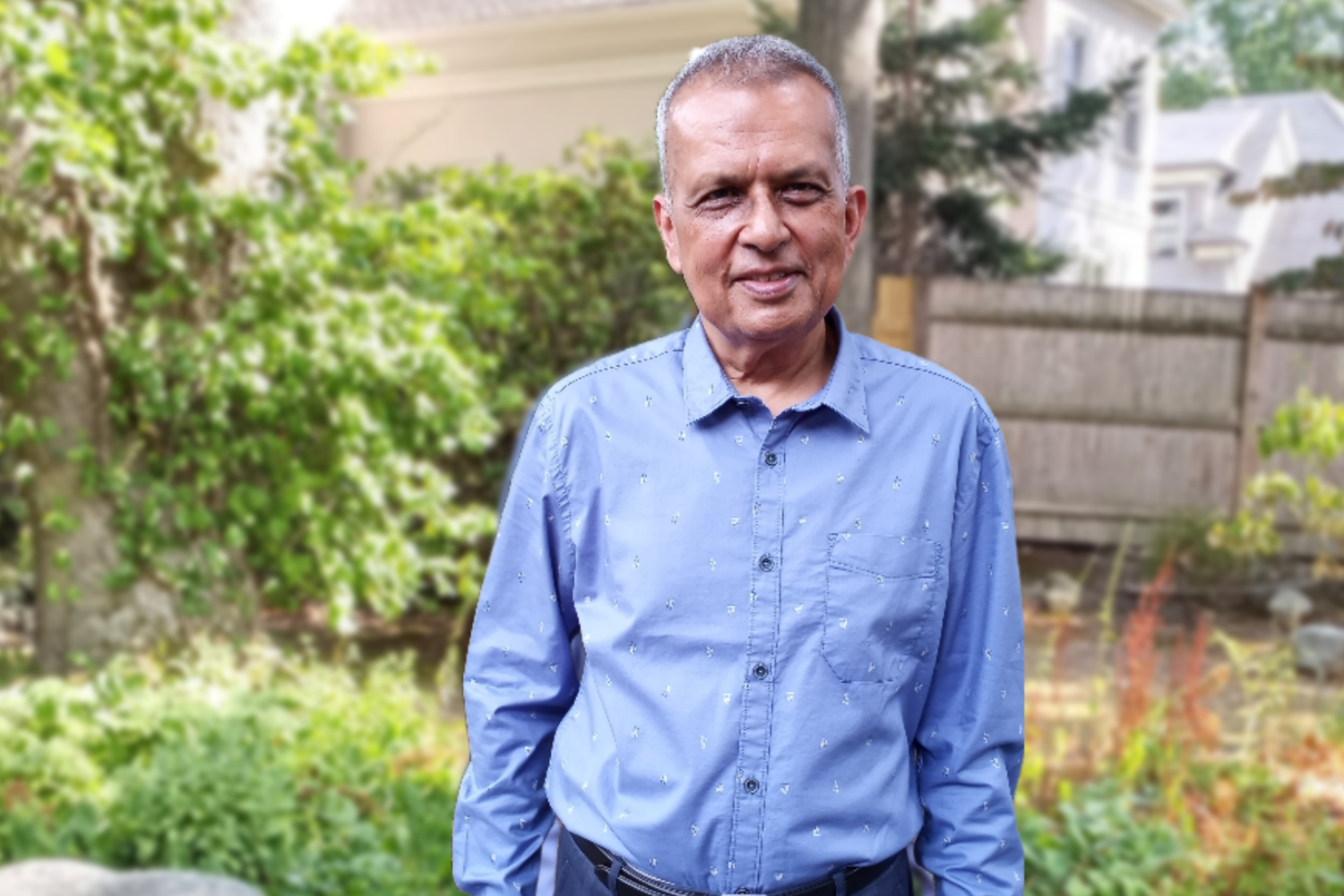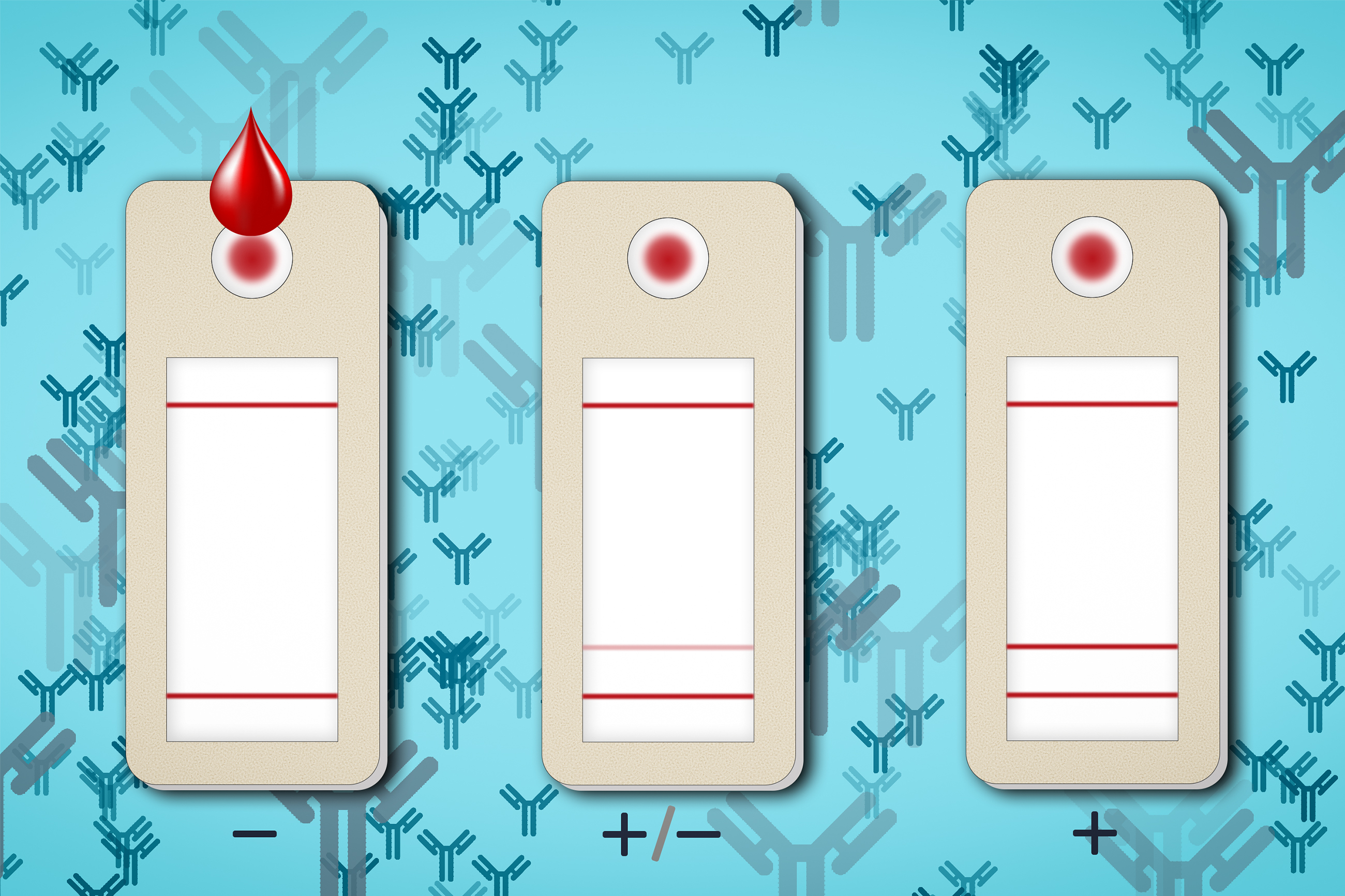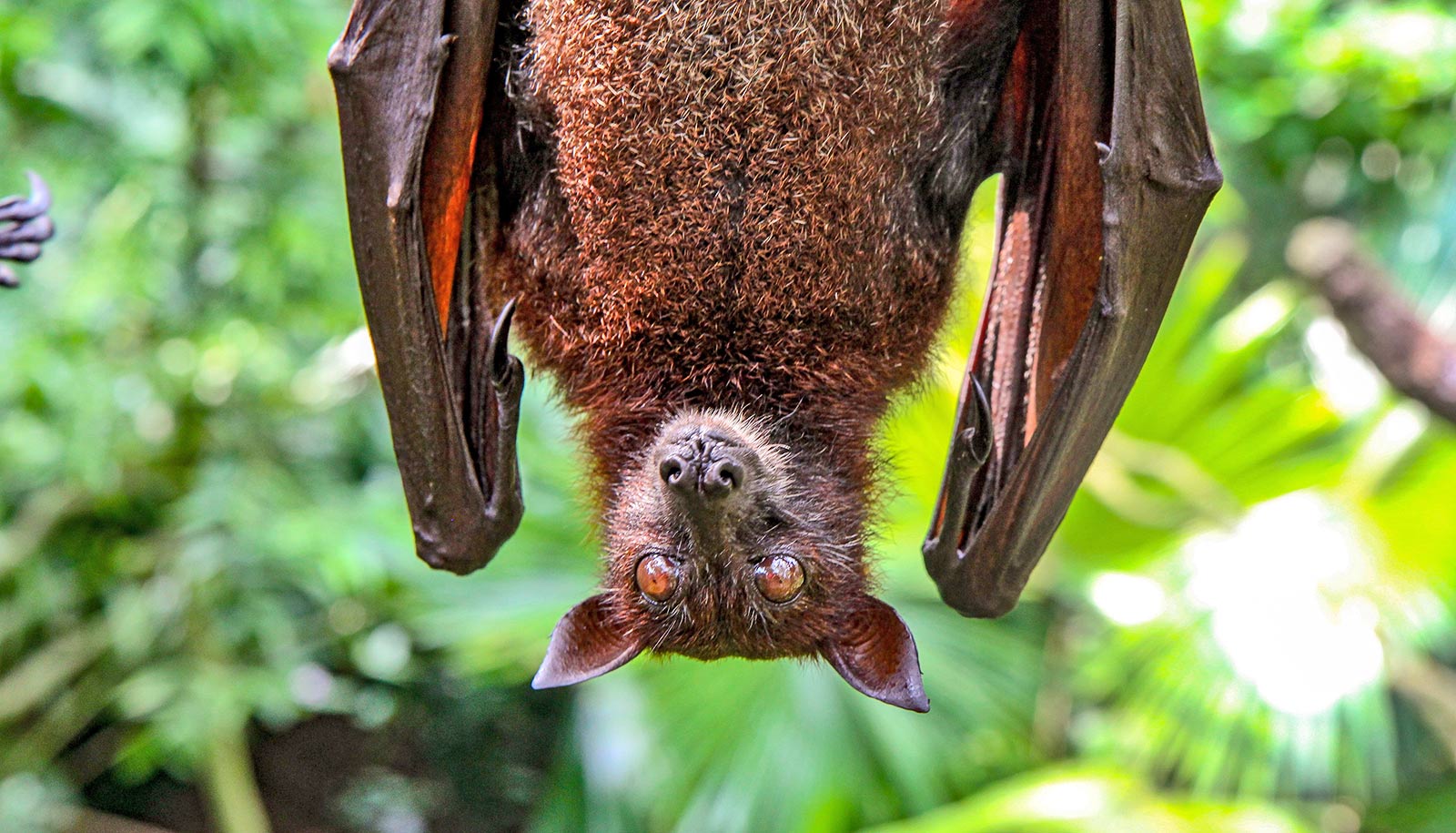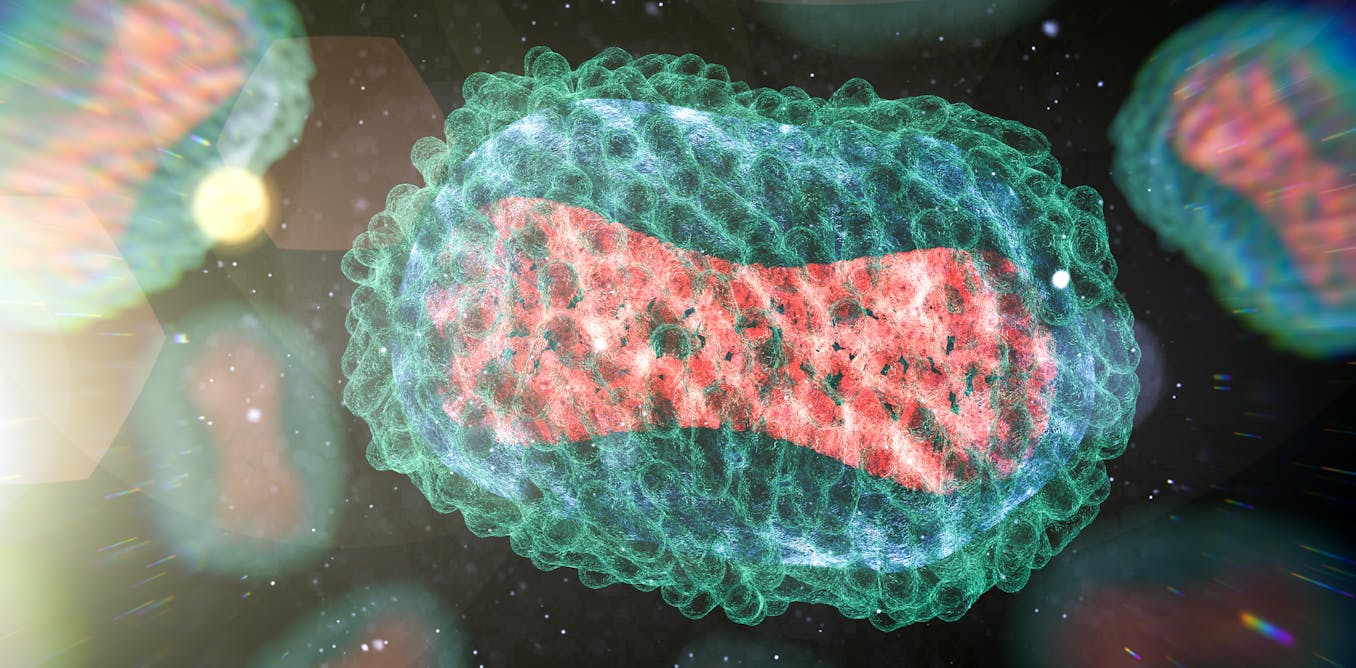3 Questions: Amar Gupta on an integrated approach to enhanced health-care delivery
The MIT researcher and former professor discusses how Covid-19 and the influx of virtual technologies created a new medical ecosystem that needs more synchronized oversight.
Aug. 10, 2022 • ~12 min








